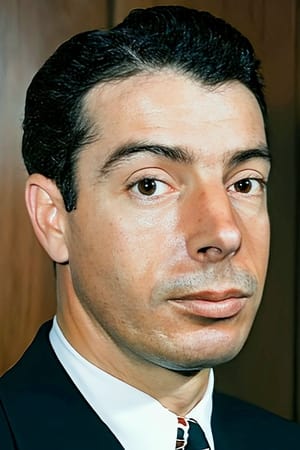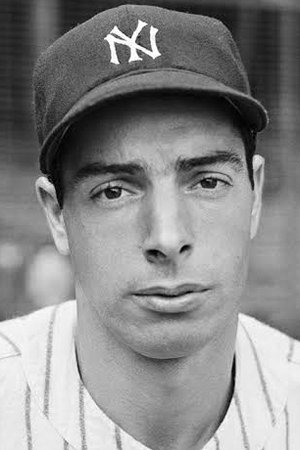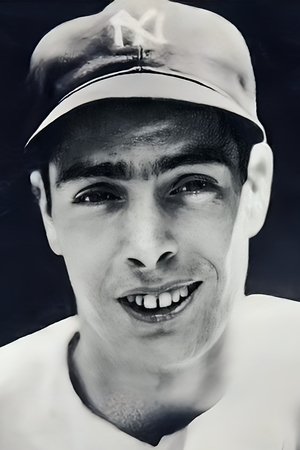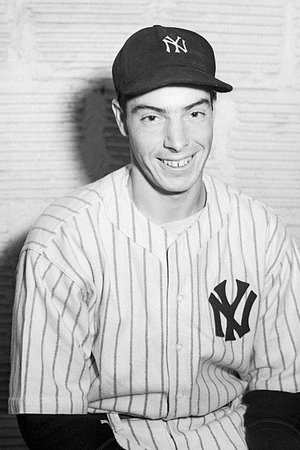Joe DiMaggio (1914-1999)
Birthplace:
Martinez, California, USA
Born:
November 25, 1914
Died:
March 8, 1999
Joseph Paul DiMaggio (born Giuseppe Paolo DiMaggio; November 25, 1914 – March 8, 1999), nicknamed "Joltin' Joe", "the Yankee Clipper", and "Joe D.", was an American baseball center fielder who played his entire 13-year career in Major League Baseball for the New York Yankees. He is widely considered one of the greatest baseball players of all time and is best known for setting the record for the longest hitting streak in baseball (56 games from May 15 – July 16, 1941), which still stands today. He was a three-time American League (AL) Most Valuable Player Award winner and an All-Star in each of his 13 seasons. During his tenure with the Yankees, the club won ten American League pennants and nine World Series championships. His nine career World Series rings are second only to fellow Yankee Yogi Berra, who won ten. At the time of his retirement after the 1951 season, he ranked fifth in career home runs (361) and sixth in career slugging percentage (.579). He was inducted into the Baseball Hall of Fame in 1955 and was voted the sport's greatest living player in a poll taken during baseball's centennial year of 1969. His brothers Vince (1912–1986) and Dom (1917–2009) were also major league center fielders. He enlisted in the U.S. Army Air Forces on February 17, 1943, rising to the rank of sergeant. He spent most of his military career playing for baseball teams and in exhibition games, and superiors gave him special privileges due to his prewar fame. Embarrassed by his lifestyle, he requested that he be given a combat assignment but was turned down. He was released on a medical discharge in September 1945, due to chronic stomach ulcers. In January 1937, he met actress Dorothy Arnold on the set of Manhattan Merry-Go-Round. He announced their engagement on April 25, 1939, they married on November 19, 1939, and had a son, Joseph Paul DiMaggio Jr. (1941–1999). They divorced in 1944, while he was on leave from the Yankees during World War II. He and actress Marilyn Monroe eloped on January 14, 1954. The union was troubled from the start by his jealousy and controlling attitude; he was also physically abusive. After returning from New York City to Hollywood in October 1954, she filed for divorce after only nine months of marriage. He underwent therapy, stopped drinking alcohol, and expanded his interests beyond baseball. He reentered her life as her marriage to Arthur Miller was ending. On February 10, 1961, he secured her release from Payne Whitney Psychiatric Clinic in Manhattan. She joined him in Florida where he was a batting coach for the Yankees. Their "just friends" claim did not stop remarriage rumors from flying. Bob Hope "dedicated" Best Song nominee "The Second Time Around" to them at the 33rd Academy Awards. According to Maury Allen's biography, he was told that DiMaggio left his employ on August 1, 1962, because he had decided to ask Monroe to remarry him. Four days later, on August 5, she was found dead in her Brentwood home. Devastated, he claimed her body and arranged for her funeral. He barred Hollywood's elite and members of the Kennedy family from attending, including President John F. Kennedy. He had a half-dozen red roses delivered to her crypt three times a week for 20 years. He refused to talk about her publicly or otherwise exploit their relationship. He never married again.





